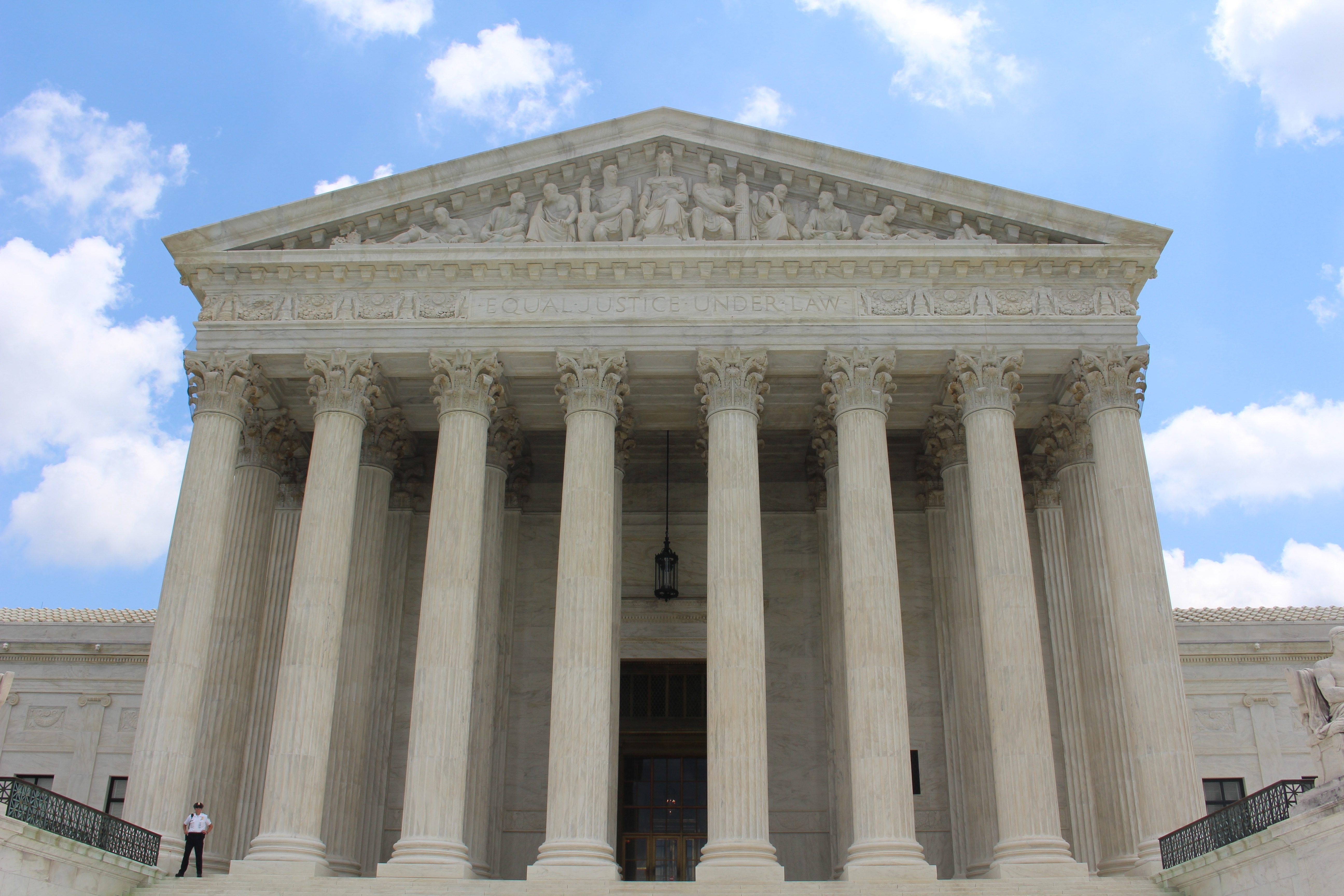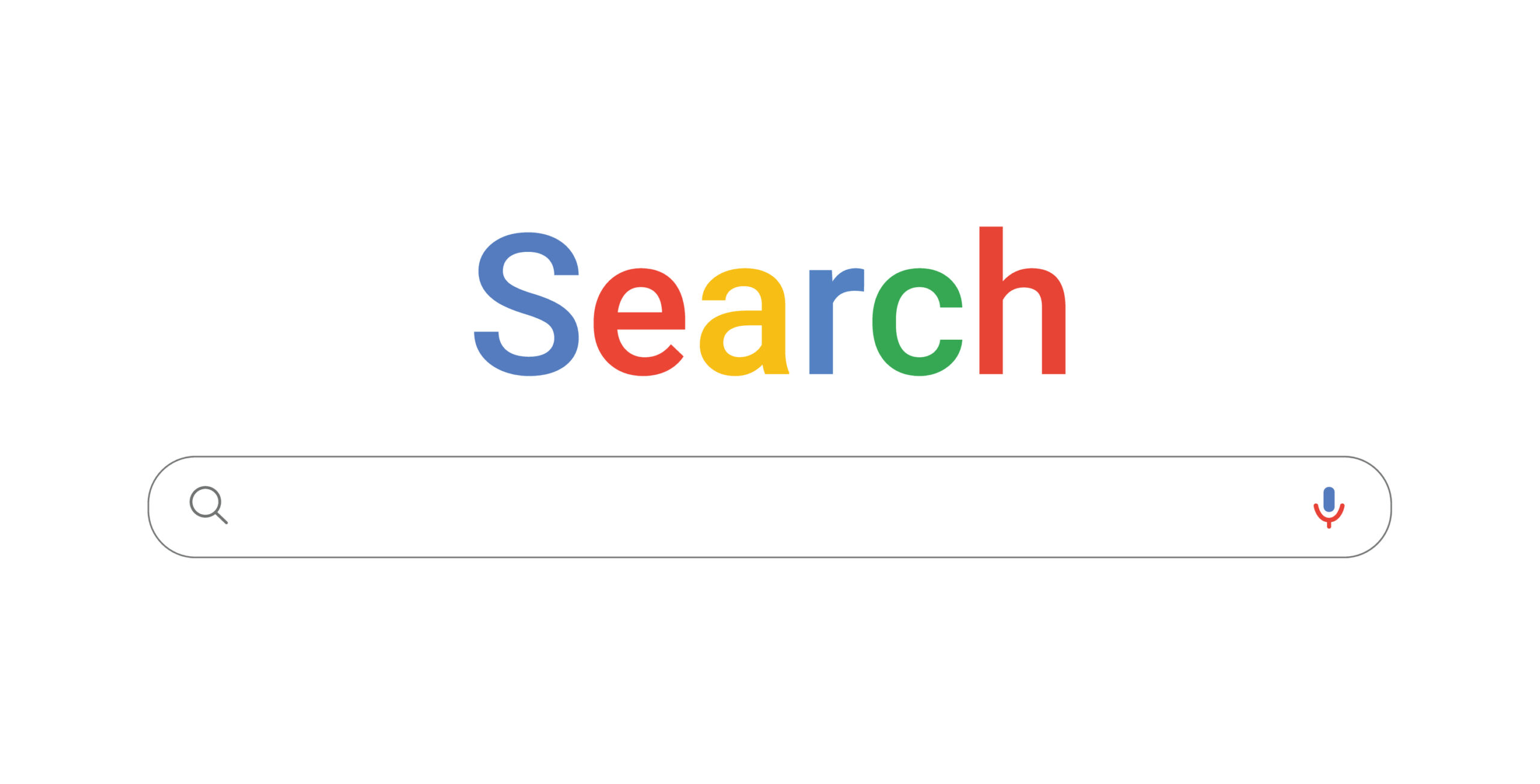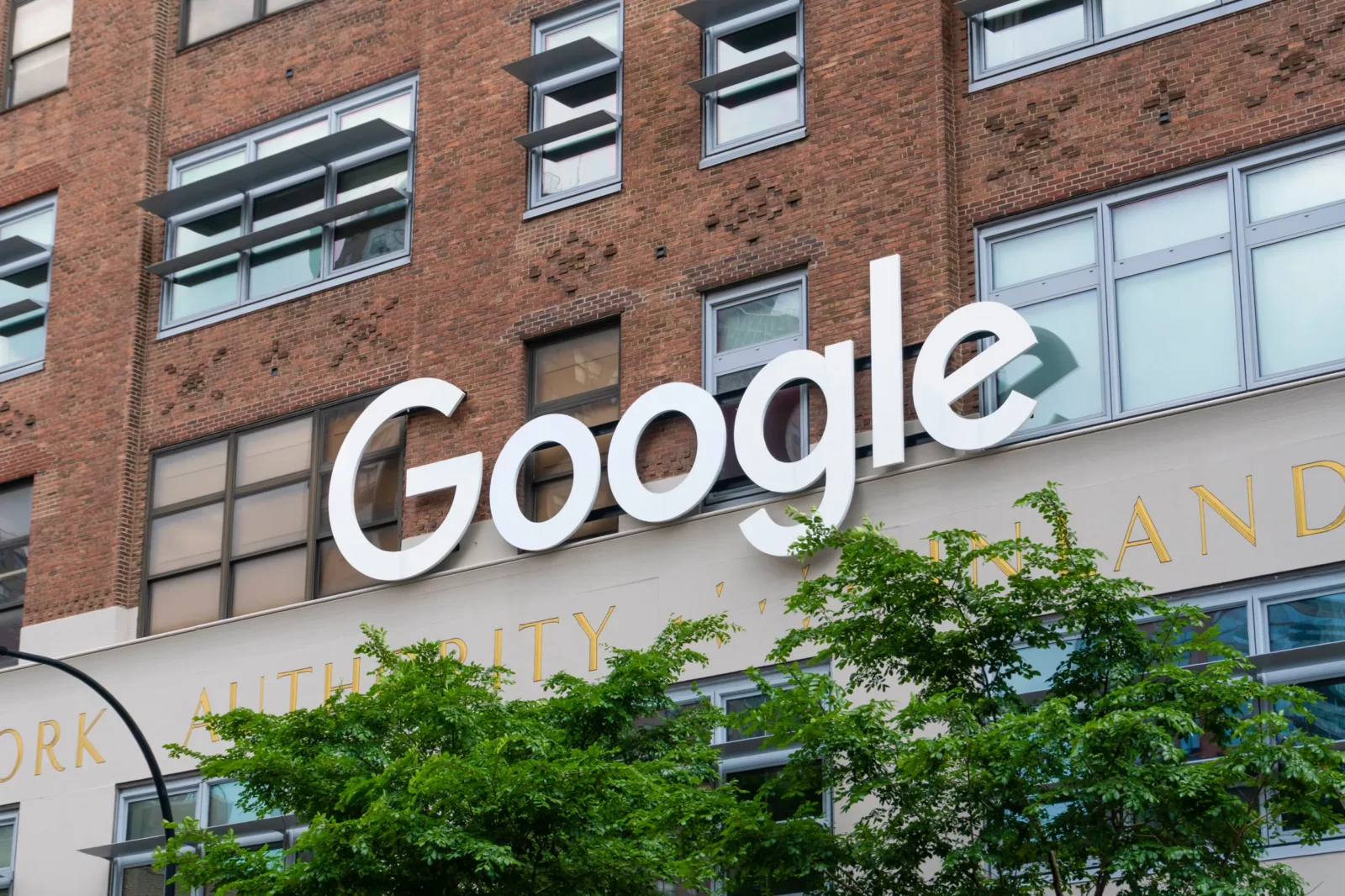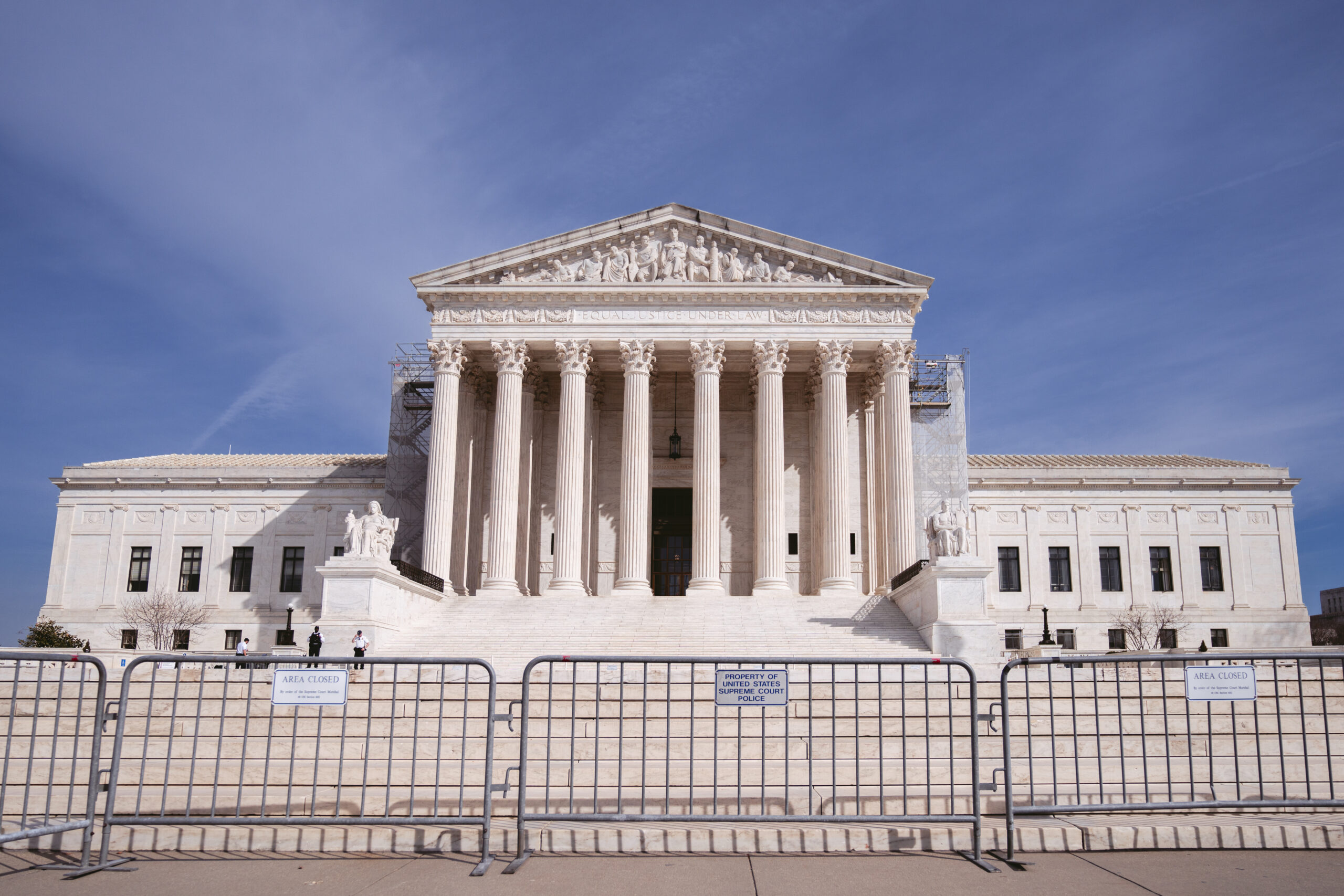Oral Argument in Google v. Oracle Delayed

The Supreme Court announced that it is delaying all oral arguments scheduled for the next two weeks, including the oral argument in Google v. Oracle, originally scheduled for Tuesday, March 24. A new date has not yet been set.
This is reminiscent of the oral argument in the last software copyright case the Supreme Court heard, Lotus v. Borland. Although the federal government was closed on January 8, 1996, by one of the worst blizzards in Washington history, Chief Justice Rehnquist ordered that the oral arguments scheduled for that day, including in Lotus v. Borland, proceed as planned. All the justices and the lawyers participating in the case succeeded in reaching the Supreme Court—even Justice Souter, whose car reportedly got stuck in a snowbank and had to be rescued by the Supreme Court police. Justice Stevens’ flight back from his home in Florida was canceled, but he would not have participated in the oral argument in any event; he had recused himself from the case for undisclosed reasons.
A week after the oral argument, the Supreme Court issued a two sentence per curiam order affirming the First Circuit’s decision by a 4-4 vote. With Justice Stevens’ recusal, the Supreme Court had been unable to reach a precedential decision in this case.








